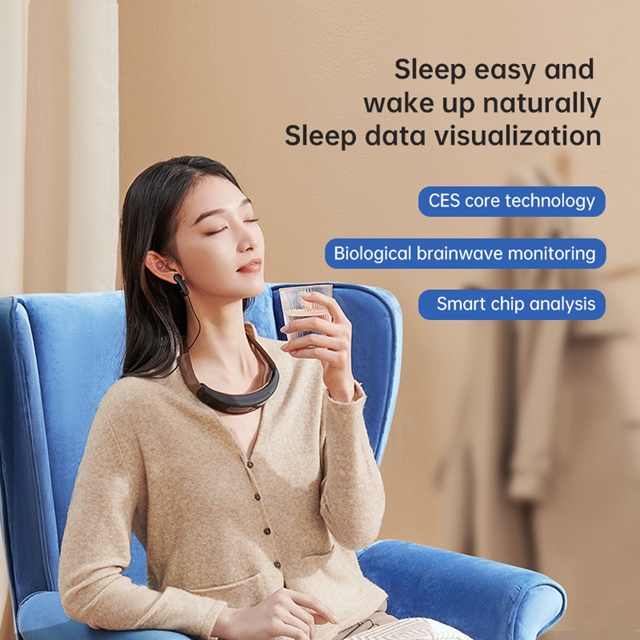
Disposable blood oxygen sensor - the new darling in the medical field!
2024-03-21 00:03:27
An Innovative Approach to Healthcare

The use of disposable blood oxygen sensors is revolutionizing the medical field, providing healthcare providers with a convenient and cost-effective solution. These sensors, also known as pulse oximeters, are becoming the new darling in the medical industry due to their numerous benefits for both patients and medical professionals.
Accurate Monitoring and Diagnosis
Disposable blood oxygen sensors play a crucial role in accurately monitoring patients' oxygen saturation levels. By measuring the amount of oxygen in the blood, healthcare providers can quickly diagnose respiratory issues and determine the effectiveness of treatments. Unlike traditional methods that require invasive procedures, these sensors are non-invasive, reducing the discomfort and risk for patients.
Moreover, disposable blood oxygen sensors offer real-time results, allowing healthcare professionals to make informed decisions immediately. With their rapid response time and high accuracy, these sensors are indispensable tools in emergency departments, intensive care units, and operating rooms.
Easy to Use and Cost-Effective
One of the significant advantages of disposable blood oxygen sensors is their ease of use. These sensors are simple to operate, making them suitable for both healthcare professionals and patients. The user-friendly design allows for seamless integration into various healthcare settings, from hospitals to home care environments.
Furthermore, disposable blood oxygen sensors offer a cost-effective solution compared to traditional reusable sensors. The low cost of disposable sensors eliminates the need for sterilization and maintenance, reducing overall healthcare expenses. These sensors also mitigate the risk of cross-contamination and infections, ensuring the highest level of patient safety.
Diverse Applications and Wide Accessibility
Disposable blood oxygen sensors are versatile devices that find applications across a range of medical specialties. From monitoring patients with respiratory disorders to assessing the well-being of athletes during physical exertion, these sensors have a wide array of uses.
Additionally, the accessibility of disposable blood oxygen sensors is increasing, making them available to healthcare providers worldwide. With advancements in technology and manufacturing, these sensors are becoming more affordable and readily accessible, even in resource-limited settings.
Conclusion
Disposable blood oxygen sensors have emerged as game-changers in the medical field. Their accurate monitoring capabilities, ease of use, and cost-effectiveness make them a valuable tool for healthcare professionals. As technology continues to evolve, these sensors are set to become an indispensable part of modern healthcare, improving patient outcomes and revolutionizing the way medical practitioners diagnose and treat respiratory conditions.
Get the latest price? We'll respond as soon as possible(within 12 hours)




